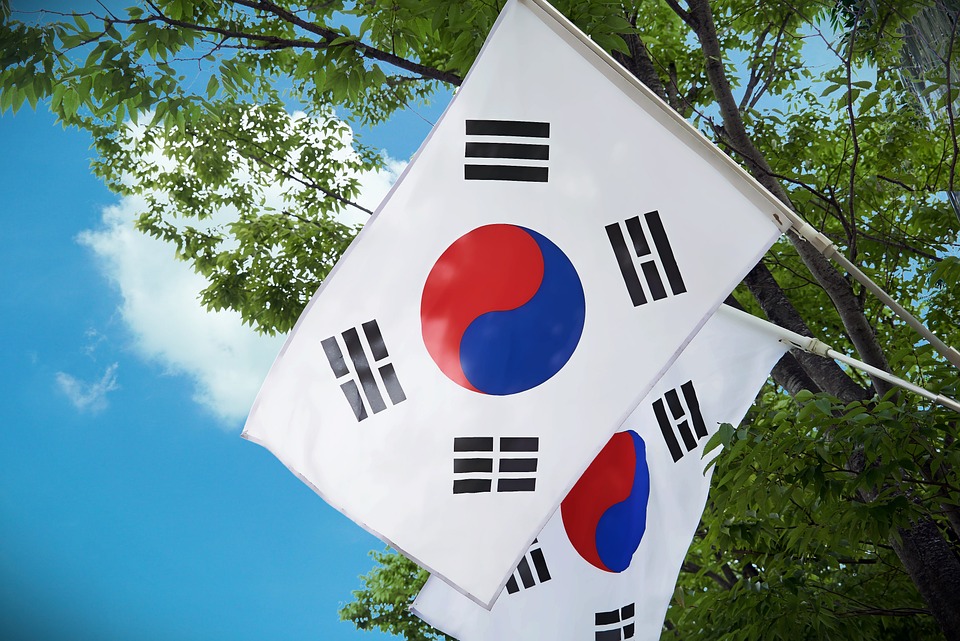Historic Impeachment Decision
In a dramatic turn of events, South Korea’s National Assembly has voted to impeach President Yoon Suk Yeol following his controversial attempt to impose martial law. This unprecedented decision—marking the first time a South Korean president has faced impeachment over such actions—has plunged the nation into a significant political crisis. The impeachment motion passed with a significant majority in the 300-seat legislature, citing abuse of power and violations of democratic principles. President Yoon’s bid for martial law was prompted by escalating anti-government protests and serious allegations of corruption within his administration.
Immediate Impact
With the impeachment vote, President Yoon has been suspended from office, resulting in Prime Minister Han Duck-soo stepping in as acting president. This succession comes amid a period of uncertainty and turmoil, as the nation grapples with its political and social implications. The Constitutional Court is now tasked with reviewing the impeachment—a process that is expected to take several months. This suspension of presidential powers raises pertinent questions about governance and the effectiveness of the executive branch during a political crisis.
Public Reactions
The impeachment has generated a polarized response among the South Korean population, leading to both celebrations and protests. In Seoul, thousands of citizens gathered outside the National Assembly, expressing their approval of the decision as a significant step toward safeguarding democratic norms and principles. Conversely, loyalists of the impeached president have organized counter-rallies, vehemently decrying the move as a politically motivated attack against him. This dichotomy in public sentiment reflects the current fragmentation in political allegiances within South Korea, demonstrating the deep divides that exist in the national discourse regarding governance.
International Concerns
The international community has closely monitored the unfolding of events, with the impeachment drawing global attention due to its implications for regional stability. Notably, the United States, alongside neighboring countries such as Japan and China, has called for calm, emphasizing the essential need to adhere to democratic processes and principles during this tumultuous time. Analysts have pointed out South Korea’s crucial role in maintaining regional security and economic stability, underlining the broader implications of this political upheaval not only for the nation but also for its allies.
Significance for South Korea’s Democracy
The impeachment of President Yoon marks a pivotal moment in South Korea’s democratic history. The imminent decision by the Constitutional Court holds the potential to either validate the impeachment or restore Yoon’s presidency. If the impeachment is upheld, it will permanently remove him from office, setting a remarkable precedent concerning accountability in leadership. This significant event underscores both the resilience of South Korea’s democratic institutions and the public’s unwavering demand for responsible governance and transparency in political leadership.
Conclusion: A Critical Juncture
As South Korea navigates this period of uncertainty, the nation confronts a defining moment in its democratic journey. The forthcoming deliberations by the Constitutional Court, along with public responses, will immensely influence the political landscape of the country and its reputation as a regional leader committed to democratic principles. Both international partners and domestic stakeholders are closely monitoring how South Korea upholds its democratic values during this transitional period. The outcome could potentially lay the groundwork for significant reforms and a renewed dedication to governance that emphasizes accountability and adherence to the rule of law.
FAQs
1. What led to President Yoon Suk Yeol’s impeachment?
President Yoon was impeached primarily due to his attempt to impose martial law amid rising anti-government protests and allegations of corruption in his administration.
2. Who has taken over the presidency following the impeachment?
Prime Minister Han Duck-soo has assumed the role of acting president until the Constitutional Court reaches a decision regarding the impeachment.
3. What will happen next in the impeachment process?
The Constitutional Court will review the impeachment motion, a process that could take several months before a final decision is made regarding President Yoon’s political fate.
4. How has the public responded to the impeachment?
The public response has been polarized, with celebrations among supporters of the impeachment and protests from those loyal to President Yoon, who view the impeachment as unjust.
5. What are the implications of this impeachment for South Korea’s democracy?
The impeachment signifies a crucial test for South Korea’s democratic institutions and could set a precedent regarding government accountability and the rule of law.

